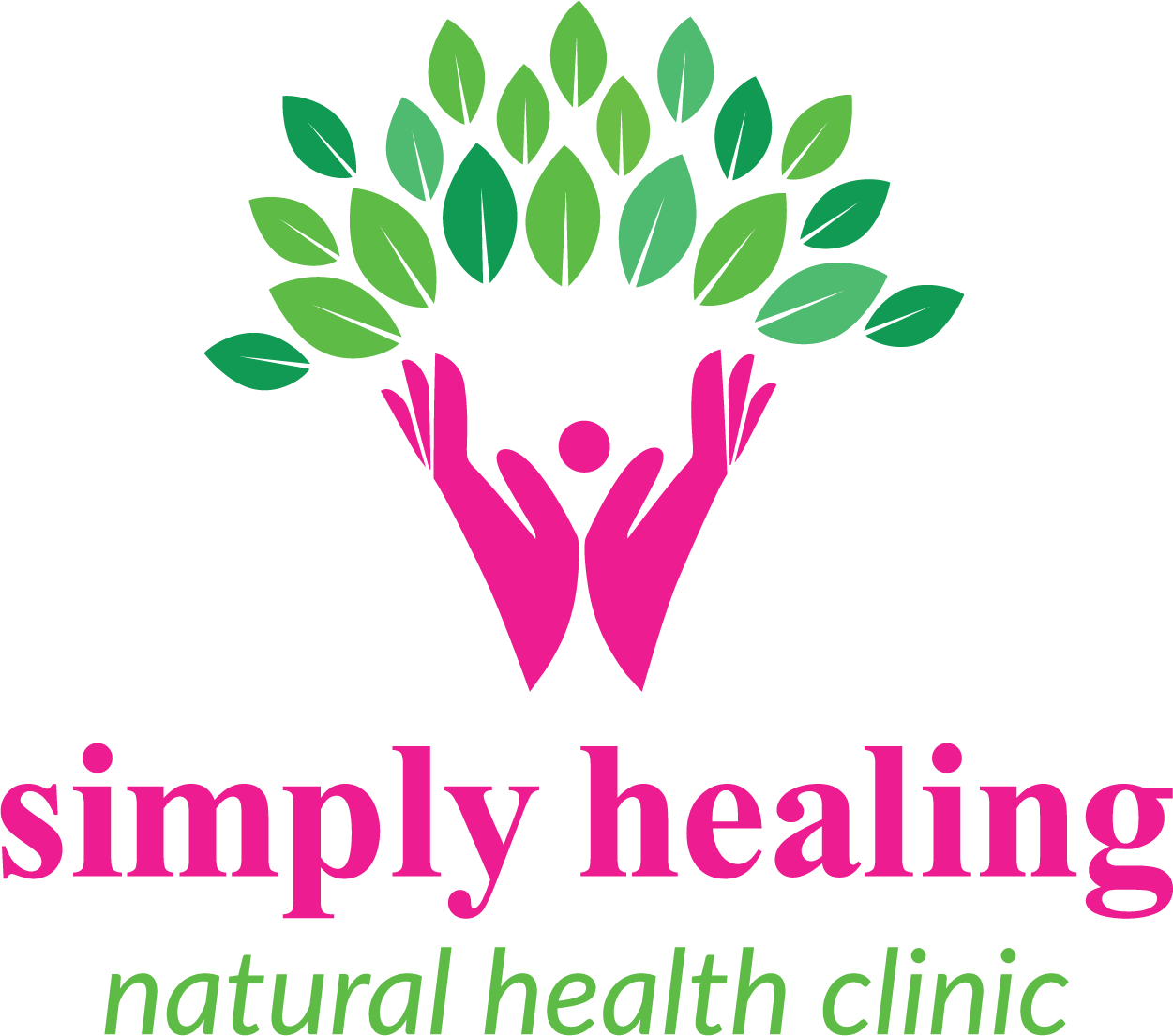Is It Post Partum Depression?
What is PPD?
Let’s get technical for a moment.
Postpartum Depression (PPD) is a mood disorder that can occur after childbirth. It’s characterized by persistent sadness, hopelessness, anxiety, and a loss of interest in activities. Unlike the “baby blues,” which are milder and typically pass within a few days, PPD can linger and deeply affect a mother’s ability to care for herself and her baby.
But let’s be honest — that definition doesn’t tell us how it feels.
So, What Does PPD Feel Like?
PPD can look and feel different for every woman. You might:
Just not feel like yourself
Have a sense of dread or constant worry about your children
Struggle to bond or feel “in love” with your baby
Feel like you’re drowning in tasks and can’t keep up
Experience intense exhaustion that sleep doesn’t fix
Feel completely overwhelmed with no way out
Lose interest in life and the things you used to enjoy
Feel irritable or angry with your family
Battle anxiety or a sadness that won’t lift
Struggle with feelings of worthlessness
In extreme cases, have thoughts of harming your baby or yourself
This is not just a phase. It doesn’t always pass on its own.
You can get help — and you deserve to feel like you’re coping and even thriving. Your children deserve a mother who feels well, not just one who is surviving day to day.
What NOT to Do
Don’t blame yourself
Don’t feel guilty
Don’t suffer in silence
Don’t try to power through alone
Your hormones are in flux, your life has completely changed, and parenting is a learned skill — not something we’re born knowing. And every baby is different, which means you’re learning all over again each time. Cut yourself some slack.
What You Can Do
Reach out for help.
Talk to your naturopath, GP, midwife, or maternal health nurse. You’re not alone, and there is support available.
Here are some helpful organizations:
PANDA (Perinatal Anxiety and Depression Australia) – 1300 726 306
Beyond Blue – 1300 22 4636
Gidget Foundation – Offers online and telehealth support
ForWhen – 1300 24 23 22 (Support for parents in the first postpartum year)
Lifeline Australia – 13 11 14 (For immediate crisis support)
Get outside and into the sunlight.
Go for a walk. Take the kids to the park. Put your phone down. Enjoy the moment — the housework will still be there later.Accept help.
If friends or family offer to help, say yes — and be specific. Do you need them to watch the baby while you sleep? Or would you rather they handle the laundry? Be clear about what would actually help you most.Acknowledge this is hard.
Maybe it’s not going the way you imagined. That’s okay. Grieve that, accept it, and start to look for what is going well.Prioritize sleep.
Sleep deprivation has a profound impact on mental health. When people say, “Sleep when the baby sleeps,” they’re not just being annoying — they’re right. Your rest matters more than the dirty dishes. Take that nap.
You Are Not Alone
Too many women suffer in silence during these early months. Let’s change that by normalizing the struggle — and normalizing asking for help.
As a naturopath, I can support you safely, even during breastfeeding. Some herbs and remedies are contraindicated while nursing, but a qualified practitioner knows what is safe and effective.


